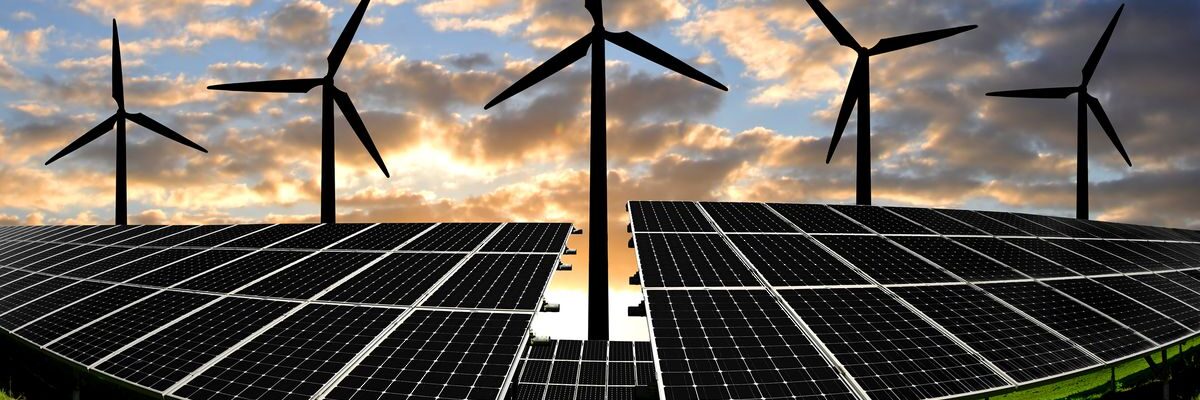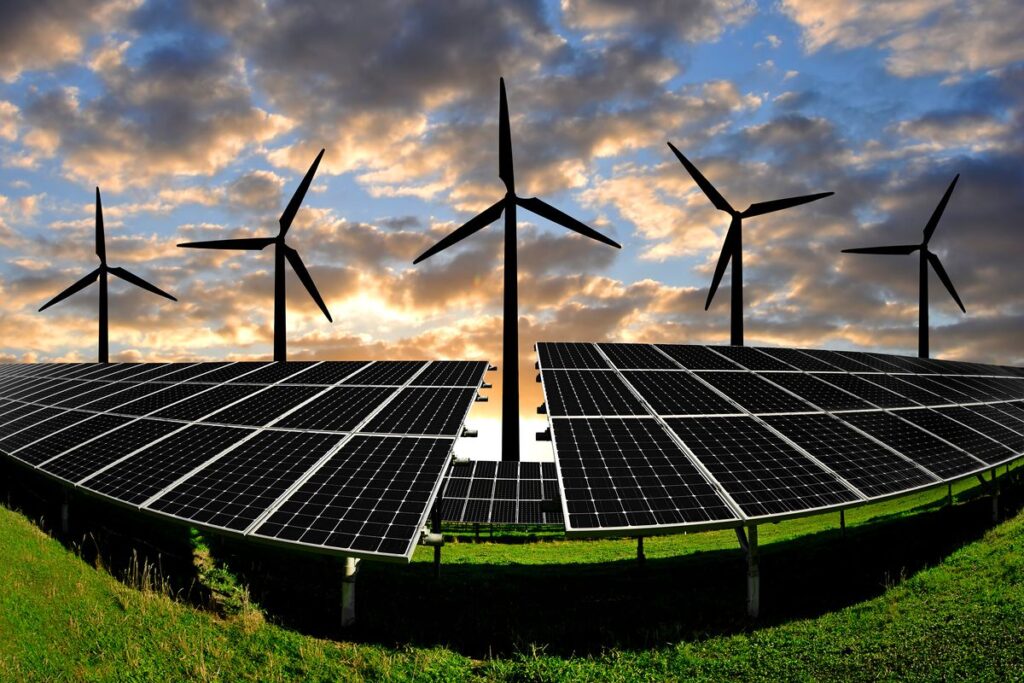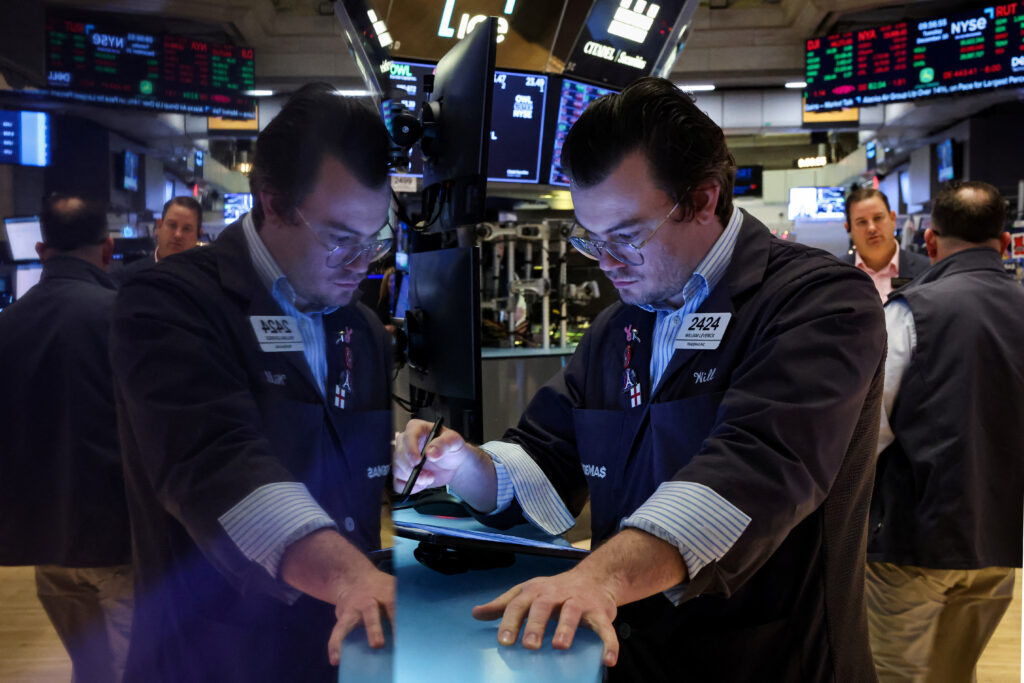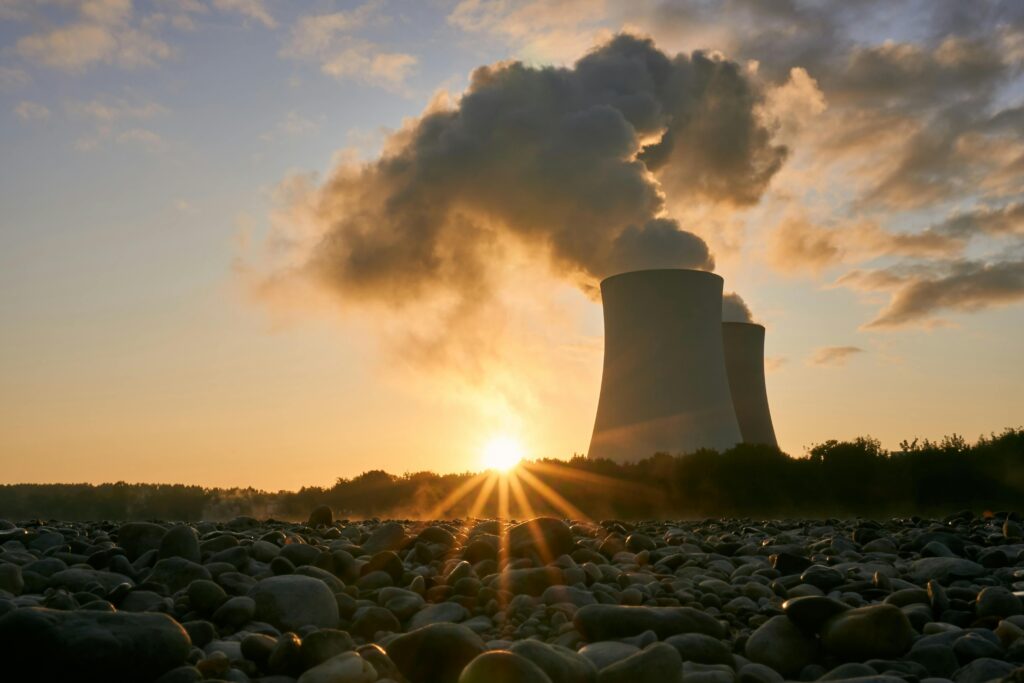

Renewable energy is now the cheapest, cleanest, and fastest-growing source of electricity worldwide.
By 2025, wind and solar have repeatedly outperformed expectations, grid-scale battery storage has improved reliability, and even conservative energy agencies acknowledge that fossil fuels are in structural decline. Yet, some individuals—highly educated, well-funded, and often with STEM backgrounds—still disparage renewables.
Why?
The answer lies at the intersection of wealth, ideology, and vested interests. Understanding why these figures resist the energy transition is crucial because their influence shapes policies, markets, and public perceptions.
The financial imperative: Protecting investments and power
The most straightforward reason for hostility towards renewables is financial self-interest. Many critics have deep ties to industries threatened by clean energy—whether fossil fuels, nuclear, or traditional utilities. Billionaires with stakes in coal, oil, and natural gas often see renewables as a direct threat to their wealth.

Then there are those invested in nuclear power, particularly small modular reactors (SMRs). Some of the world’s most prominent nuclear advocates are not merely interested in energy solutions but in securing government contracts, subsidies, and long-term control of the electricity grid. Renewables, with their decentralised model, challenge this.
Stranded assets—the infrastructure and reserves that lose value as the world shifts to clean energy—are another concern. If renewables continue to surge, fossil fuel assets will decline in worth, leaving those who own them with massive financial losses. Many critics of renewables are, at heart, attempting to slow the inevitable so they can extract more profits from a dying industry.
The ideological barrier: Markets, control and nationalism
Beyond money, there is ideology. Some opponents of renewables align with free-market libertarianism, believing that solar and wind are unfairly propped up by government incentives. They argue that fossil fuels and nuclear should compete on a level playing field—ignoring the trillions in historical subsidies that built those industries.

Others see decentralised renewables as a threat to state and corporate control. A nation powered by rooftop solar, wind farms, and distributed grids weakens the centralised energy monopolies that have dominated for over a century. For those accustomed to controlling energy supply—and, by extension, economies—this loss of power is deeply unsettling.
Then there is the nationalist argument. Countries with abundant fossil fuel reserves often see renewables as a threat to their geopolitical standing. Oil and gas have long been used as tools of influence; clean energy disrupts this dynamic. Some wealthy critics of renewables, particularly in resource-rich nations, fear losing leverage on the world stage.
Technical excuses: Valid concerns or stubborn myths?
A common argument against renewables is their supposed unreliability.
Wind and solar are intermittent, and while battery storage is improving, some critics claim it is not enough. This argument might have held weight in the past, but in 2025, grid operators worldwide have successfully integrated large amounts of renewables without stability issues.
Other technical objections include land use concerns (solar farms taking up space), ecological impact (wind turbines affecting birds), and the environmental cost of mining for battery materials. These are not trivial issues, but they pale in comparison to the destruction wrought by fossil fuels and the unresolved risks of nuclear waste. The difference is that renewable energy is actively addressing its challenges, while traditional energy sources continue to externalise theirs.
The personal factor: Ego, prestige and contrarianism
Sometimes, the opposition to renewables is less about facts and more about personality. Wealthy individuals who made their careers in fossil fuels or nuclear often resist change—not because they lack intelligence, but because they are emotionally and professionally invested in the old system.
Others enjoy contrarianism. Some scientists, engineers, and entrepreneurs build reputations by pushing against mainstream thought. If the consensus is shifting towards renewables, positioning oneself as the sceptic provides intellectual distinction, even when the data no longer supports their stance.
There is also a certain prestige in promoting nuclear or advanced fossil fuel technologies over renewables. The idea that “simpler” energy solutions like solar and wind could outperform highly engineered nuclear reactors bruises the ego of some STEM elites. It is easier for them to champion complex, high-tech alternatives—fusion, hydrogen, carbon capture—than to accept that the world’s best energy solutions are now wind turbines and photovoltaic panels.
Influence of think tanks and the media spin
Not all wealthy opponents of renewables reach their conclusions independently. Many are influenced by think tanks, lobbying groups, and media outlets funded by fossil fuel and nuclear interests. These organisations produce reports exaggerating the flaws of renewables, downplaying the climate crisis, or promoting misleading alternatives.

Media narratives also play a role. Some newspapers, particularly those with conservative editorial lines, continue to push scepticism about renewables. Wealthy individuals immersed in these circles are constantly exposed to messaging that reinforces their biases.
Conclusion: The fight for the future
The energy transition is no longer a technological or economic question—it is a battle of influence. The loudest voices against renewables are not impartial experts but individuals with financial stakes, ideological commitments, or personal prestige tied to the old energy order.
But history moves forward, not backward.
Renewable energy is not only the future—it is the present. The challenge is not whether the transition will happen, but how quickly. The opposition from wealthy, educated detractors is merely resistance from those who stand to lose power in a cleaner, more democratic energy era.
Their scepticism will not stop progress. It will only make them footnotes in the story of a world that chose a better path.







Comments